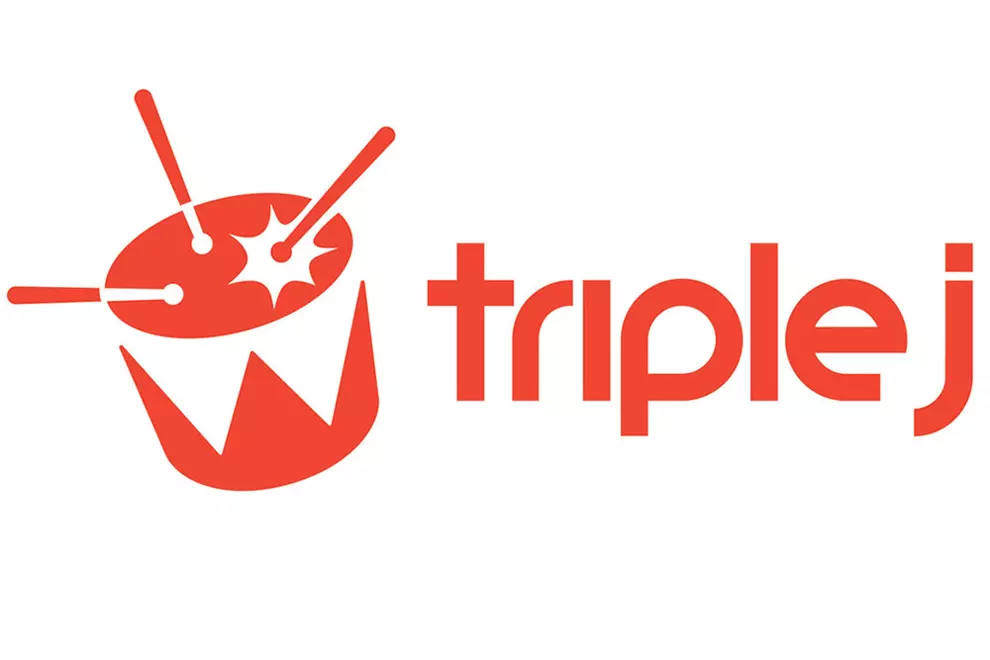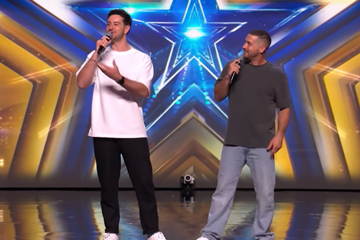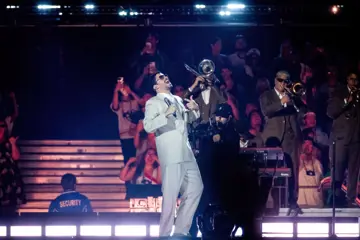ABC has called out recent reporting on triple j audience trends that it says is “misrepresenting some key facts”.
A statement published on the ABC website this week says the youth broadcaster is “reaching more people than ever before”, with its broadcast audience at just under 2.2 million each week.
ABC also states that, combining metro and regional audiences, the latter of which “has seen strong growth” over the past three years, triple j reaches an average 3.2 million Australians each week.
“In the 18-24 youth age bracket, reach alone across the five capital cities was almost 440,000 on average for 2022, above the 2021 average of 410,000,” ABC said.
“This figure doesn’t include significant young audiences outside of the five capital cities where triple j ratings have increased significantly over the last years.
“In 2022, 26.4 per cent of 18 to 24-year-olds listening to the radio across the five metro capitals were tuned to triple j.
“This is trending upwards, 2.1 points above the 2021 average.
“In 2022, 33 per cent of listeners to triple j in the five capital cities are under or within the target demographic. This figure does not include the tens of thousands of young people living in regional cities or the millions who engage with triple j across our social media accounts.”
ABC also shared key facts in regard to the Hottest 100:
- The 2022 Hottest 100 countdown reached 50 per cent of Australians aged 16+ (an estimated 9.5m people).
- 3.6 million Australians aged 16+ listened live on countdown day, Saturday 22 January, setting a new Hottest 100 record.
- 74 per cent of 18-24-year-olds and 77 per cent of 25-34 engaged with the Hottest 100 in some way.
And its socials:
- triple j is the number one Australian radio station on Facebook (1.3m followers) Instagram (844,000 followers), Spotify (450,000 followers) and YouTube (1.59m subscribers). triple j has 99,500 followers on TikTok.
So, are they right, or just cherry-picking results by focusing on cumulative audience?
Comparing radio Survey 8 2022 with radio Survey 8 2012 and Survey 8 2003 (as far back as our data goes):
- Sydney Share of 18-24 listeners in 2003 was 10.5%, 2012 was 11.9% and is 10.7% in 2022
- Melbourne Share of 18-24 listeners in 2003 was 8.0%, 2012 was 14.3% and is 9.2% in 2022
- Brisbane Share of 18-24 listeners in 2003 was 13.8, 2012 was 18.4 and is 16.6% 2022
In all three cities, triple j was doing better a decade ago and worse the decade before.
Don't miss a beat with our FREE daily newsletter
Looking at cumulative numbers shows how many people are tuning in at some point but hides how long they might be listening for or how intently. The share numbers hide how many people are actually listening at a given time.
2014 is the earliest our data gives a breakdown of average audience and shows that in the 18-24 age group it was:
- Sydney: 4000 vs 4000
- Melbourne: 4000 vs 4000
So, our fact check results show that YES triple j’s 18-24 audience is down on where it was ten years ago (when Queens of the Stone Age, Grinspoon and The Waifs were at the top of the Hottest 100), but higher than it was the decade before that (you know, when everyone tells you it was awesome when Adam and Wil were on Breakfast).
Their cumulative audience is up, their average audience is statistically static and their share is down a little but nothing significant.
Whatever woes people might be projecting onto the fall of triple j are going to need a new cultural scapegoat.
















